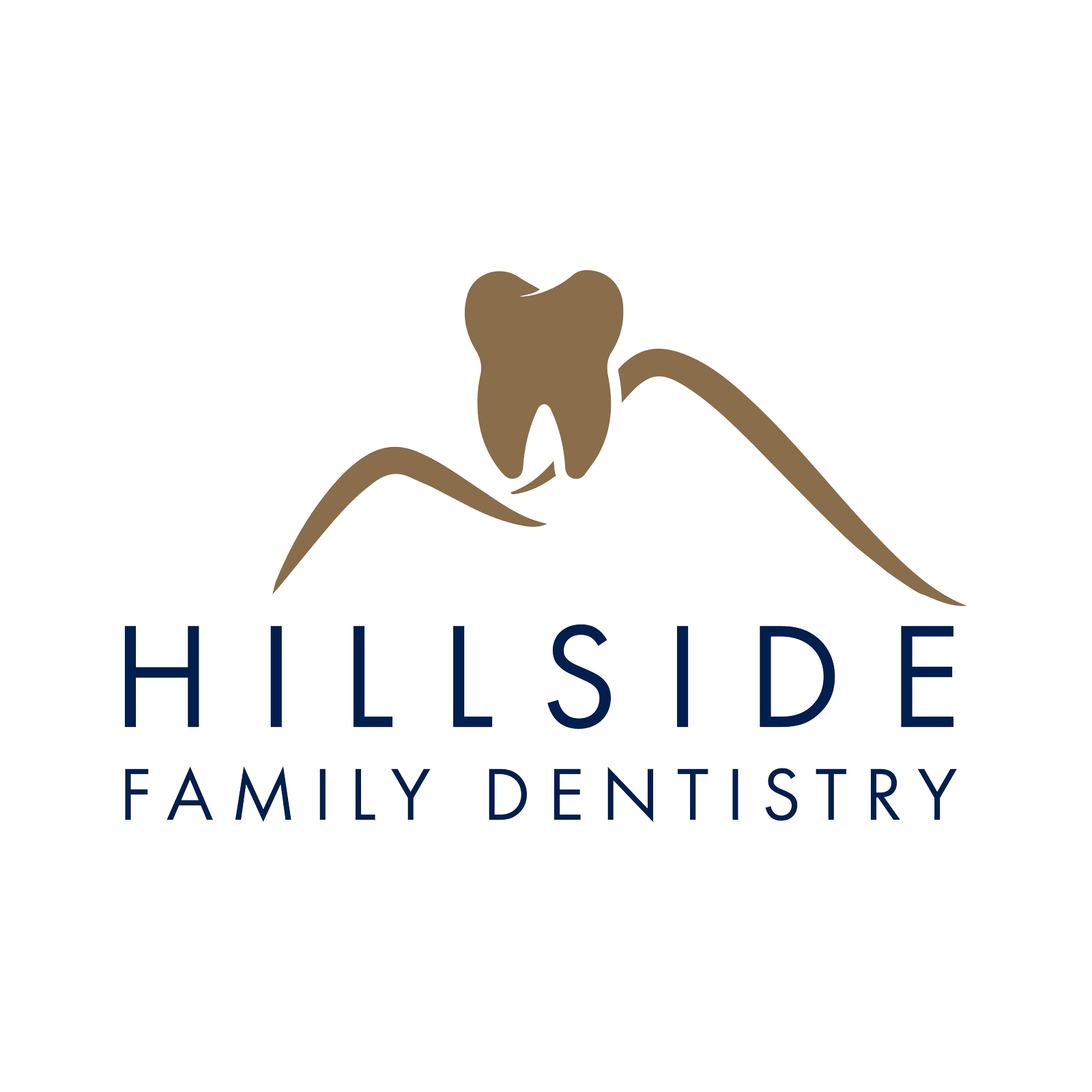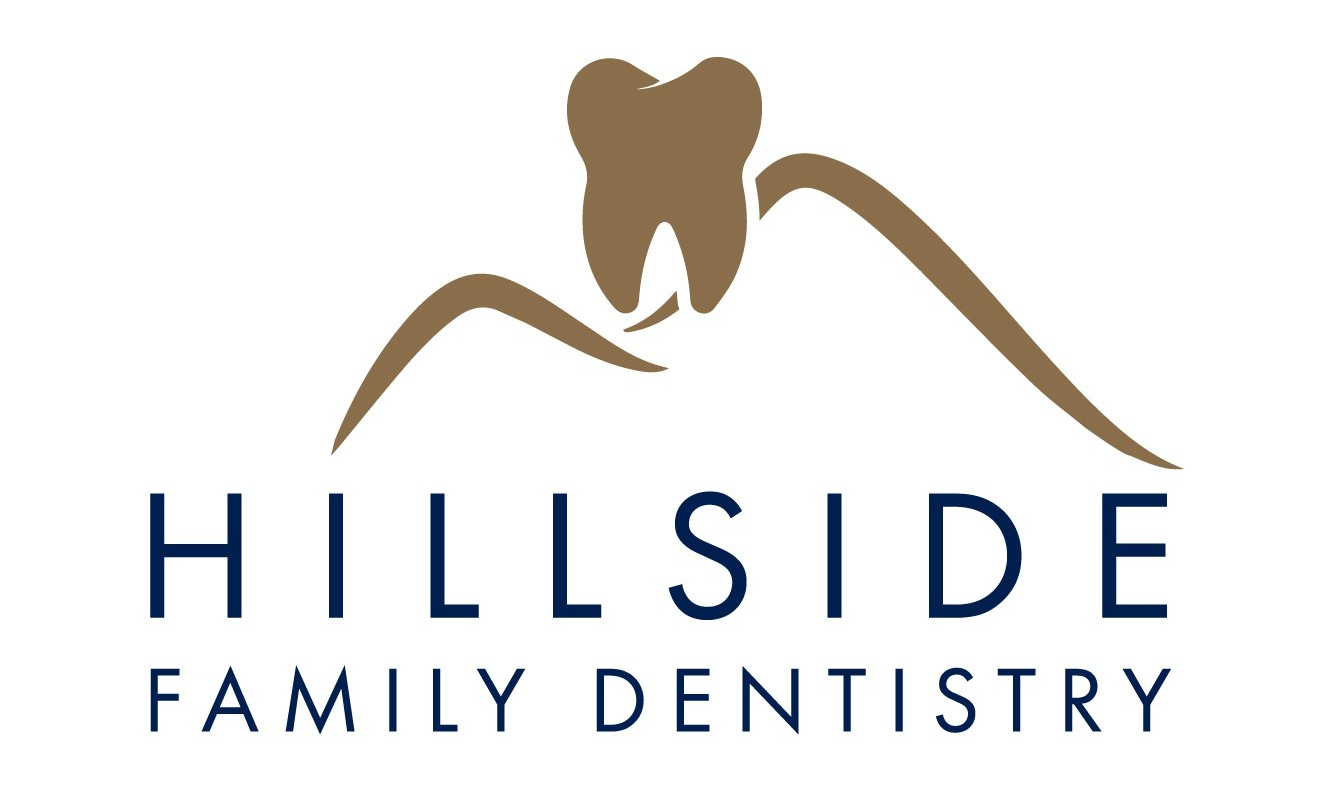How You Can Get Ready for Your Upcoming Oral Surgery
Facing oral surgery can feel overwhelming, but being prepared can make all the difference. Knowing what to expect and how to plan for your surgery can help ease your mind. Preparation ensures you’ll be ready to focus on healing afterward without any added stress.
Before your surgery date, it's important to learn about the procedure and what will happen during and after. This helps you feel more comfortable and less anxious. Taking steps to prepare your home and schedule will also ensure a smooth process.
By taking the time to prepare properly, you set yourself up for a successful surgery and recovery. Simple actions, such as organizing your home for comfort and discussing the process with your dentist, can greatly improve your experience. A little planning now will help you feel more confident and relaxed, allowing you to face your oral surgery with peace of mind.
Understanding the Oral Surgery Process: What to Expect
Getting ready for oral surgery can feel intimidating if you don't know what to expect. Understanding the process helps ease your worries and prepares you mentally for what lies ahead. Oral surgery can involve a range of procedures, from tooth extractions to the placement of dental implants. Each procedure has its own steps, but the general process is similar.
Before surgery, a consultation with the dentist or oral surgeon will occur. During this visit, they'll explain what needs to be done and why. You can ask questions to better understand the procedure, its duration, and how it will be performed. Knowing the details helps you feel more in control and ready for the day of the surgery.
Anesthesia is often used during oral surgeries to keep you comfortable. The type of anesthesia can vary depending on the complexity of the procedure. Local anesthesia numbs the area, while general anesthesia makes you sleep through the procedure. Discuss the best option for you with your dentist or surgeon during your consultation.
After understanding the procedure, it’s important to know the common recovery experiences. Swelling and mild discomfort are normal, but these should improve with time and prescribed medication. Having realistic expectations about recovery can help you plan better post-surgery activities and rest time.
Preparing Your Home and Schedule Before Surgery
Organizing your home and scheduling your time properly before oral surgery are vital steps for a smooth recovery. Start by preparing a comfortable area in your home where you can rest post-surgery. Set up pillows, blankets, and any items you might need nearby, like books and electronic devices, to make your recovery space cozy.
Stock up on soft foods and drinks that are gentle on your mouth. Some good options include yogurt, applesauce, soup, and smoothies. These foods help ensure you stay nourished without irritating your surgical site. Avoid crunchy or hard foods that could cause discomfort.
Clear your schedule for a few days following your surgery. This allows you enough time to rest and recover without stress. If necessary, arrange for a friend or family member to help take care of responsibilities at home, like childcare or pet care. Having someone assist you, especially on the day of the surgery, ensures you can focus on healing without distractions.
Make sure any important tasks or errands are completed before your surgery date. This includes picking up any prescriptions from your dentist or oral surgeon. You should also plan transportation to and from the dental office, as it may be unsafe to drive yourself home after surgery.
By preparing both your environment and schedule, you can ensure a more peaceful recovery experience. This planning allows you to comfortably focus on returning to your normal routine after healing.
Essential Pre-Surgery Instructions and Tips
Following pre-surgery instructions helps ensure a successful oral surgery experience. Your dentist or oral surgeon will provide specific guidelines tailored to your procedure. Following these instructions keeps you safe and makes the entire process smoother.
1. Fasting Before Surgery:
Your surgeon may ask you to avoid eating and drinking for a certain period before the surgery, usually starting midnight the night before. This prevents complications during anesthesia.
2. Medication Guidelines:
Inform your dentist about all medications you currently take, including over-the-counter drugs and supplements. Some medications may need to be paused before surgery. Always follow the surgeon's advice.
3. Clothing and Comfort:
On the day of surgery, wear loose-fitting, comfortable clothing. Avoid wearing jewelry and makeup, especially lipstick and nail polish. This makes it easier for the medical team to monitor your vital signs.
4. Transportation Arrangements:
Arrange for a trusted friend or family member to drive you to and from the surgery. The effects of anesthesia may leave you drowsy, and driving yourself is not safe.
5. Day-of Preparations:
Brush and floss your teeth before surgery, avoiding swallowing any water or toothpaste. This helps reduce bacteria and ensures a cleaner oral environment.
Being well-prepared contributes to a stress-free surgery experience, helps reduce risks, and promotes quicker healing.
Setting Up for a Smooth Recovery and Aftercare
The recovery period is vital for healing after oral surgery. Taking care of your mouth and following your surgeon’s advice will help ensure a smooth and comfortable recovery.
1. Manage Pain and Swelling:
Over-the-counter pain relievers, prescribed medications, and ice packs help control pain and reduce swelling. Apply ice to the affected area for short periods throughout the first 24 hours.
2. Diet Adjustments:
Stick to a diet of soft foods that don’t require much chewing, like applesauce, yogurt, and mashed potatoes. Avoid hot, spicy, or crunchy foods that might irritate the surgical site.
3. Maintain Oral Hygiene:
Rinse your mouth gently with warm salt water a few times a day, especially after eating. This keeps the area clean without causing irritation. Avoid using a toothbrush directly on the surgery site until advised by your dentist.
4. Rest and Recovery:
Give yourself time to rest. Avoid strenuous activity for a few days to help your body focus its energy on healing. Listen to your body and give it the time it needs to recover fully.
5. Follow-Up Appointments:
Attend all scheduled follow-ups with your dentist to ensure proper healing. These visits help monitor recovery progress and address any concerns you might have.
By adhering to these aftercare tips, you aid the healing process and ensure a successful recovery, keeping your mouth healthy and free from complications.
Conclusion
Undergoing oral surgery requires preparation and attention to detail to ensure everything goes smoothly. From understanding the procedure and preparing your home, to following pre-surgery instructions and focusing on recovery, each phase holds its importance. A well-planned experience helps ease nerves and promotes a better outcome. Your health and comfort must always come first, and by following these steps, you give yourself the best chance for a positive result.
If you're preparing for oral surgery or have any questions, the team at Hillside Family Dentistry is here to help. Our experienced staff is ready to guide you through every step of the process, ensuring you feel comfortable and confident. Schedule a consultation with our
oral surgeon in Acworth, GA, to learn more about how we can assist you on your journey to improved oral health.
CONTACT
CONTACT US TO SCHEDULE YOUR APPOINTMENT TODAY!
Business Hours
- Mon - Fri
- -
- Sat - Sun
- Closed
Serving Patients from Acworth and Surrounding Areas:
Serving Patients from Acworth and Surrounding Areas:
- Atlanta
- Marietta
- Kennesaw
- Hiram
- Woodstock
- Cobb County
- Cartersville
- Dallas
- Paulding County
Serving Patients from Acworth and Surrounding Areas:
- Atlanta
- Marietta
- Kennesaw
- Hiram
- Woodstock
- Cobb County
- Cartersville
- Dallas
- Paulding County
Thanks for choosing us as your preferred dentist in Acworth
FOLLOW US
All Rights Reserved
Dentist Websites by Energize Group

